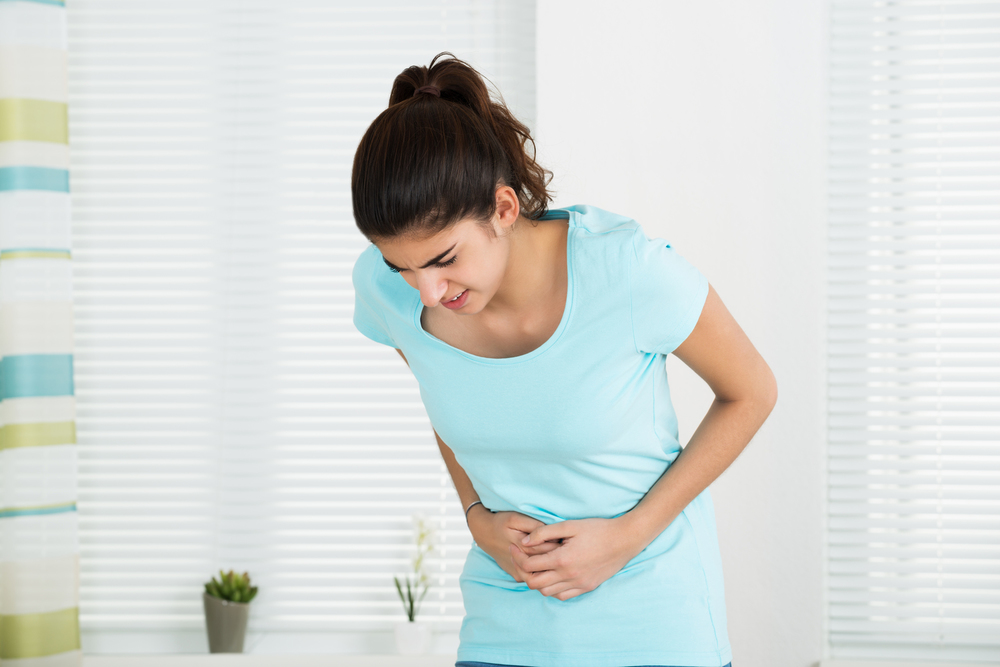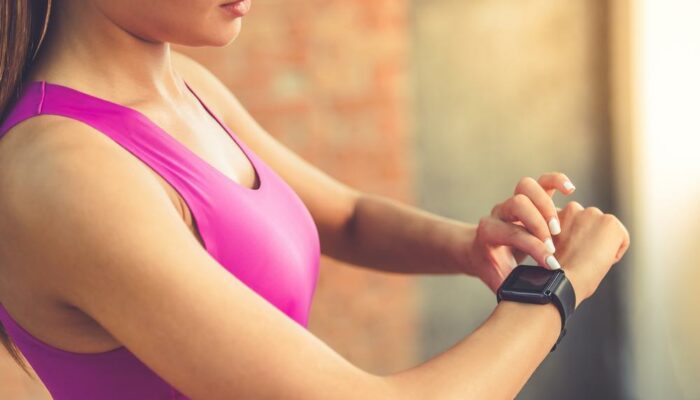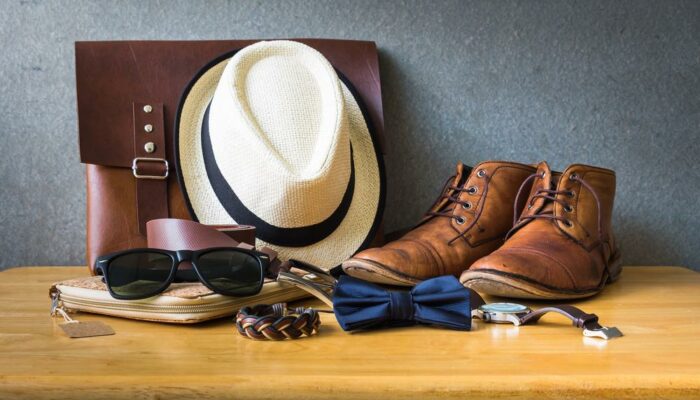
Foods to Avoid if You Have OAB
OAB, otherwise known as overactive bladder, is a condition in which an individual has frequent urges to urinate that are very hard to control. These urges are caused by involuntary muscle contractions in the bladder regardless of the amount of urine that is currently in the bladder. Common symptoms of overactive bladder are sudden urges to urinate, frequent urination, and waking up two or more times during the night to urinate.
In more serious cases, or for those on bed rest, catheters are suggested. You can make an online purchase of PureWick external catheter at Comfort Medical and other medical websites like Express Medical Supply.
While OAB occurs due to involuntary contractions of the muscles in the bladder, there are things that can be done to try and control and manage the symptoms. For instance, diet plays a large role in controlling OAB, and there are certain foods and beverages that should be eliminated to control symptoms:
1. Carbonated beverages
Beverages such as sparkling water, or pop, can aggravate the bladder due to the fizz that is included in carbonated drinks. It is important that one consumes water for overall health, but with OAB a lot of water consumption can cause more trips to the restroom. Since it is important to get enough water each day all other beverages that are not necessary should be eliminated.
2. Caffeine
Foods like chocolate and beverages such as coffee and energy drinks that contain caffeine can increase bladder activity, thus worsening OAB. Also, the excess liquids can cause extra trips to the restroom that otherwise would not be necessary.
3. Alcohol
Beverages such as beer, wine, and liquor, can further aggravate the bladder. The alcohol can interrupt the signals to the brain and cause for the body to be unaware of bladder overflow. Also, the excess liquids can cause extra trips to the restroom that would otherwise be unnecessary.
4. Citrus
These foods contain a lot of citric acids. Citric acids can worsen bladder control thus making symptoms of OAB worse. Not all fruitsn are bad for OAB, but those high in citric acids can lead to worsening symptoms.
5. Chocolate
Chocolate contains traces of caffeine. As previously mentioned with the caffeinated beverages, caffeine can increase bladder activity. White chocolate typically does not contain caffeine and can be safe to eat with OAB if you would like to indulge in a treat.
6. Spicy foods
Hot spices (i.e., red peppers and chilis) that are contained within spicy foods can potentially irritate your bladder. Bladder irritation can lead to increased symptoms of OAB, which can result in unnecessary trips to the restroom.
Diet plays a large role in managing the symptoms of OAB. It is important to realize though that different foods can cause different reactions for an individual. Some individuals may not see an impact in their OAB symptoms after consuming foods/beverages on this list, and some individuals may see worsened symptoms. It is important that you keep track of what you eat in order to see what foods and beverages may lead to worse symptoms of OAB, as well as what foods and beverages may alleviate some of the symptoms of OAB. If you would like to seek other treatments for your OAB, there are medications that can be prescribed to alleviate symptoms. However, watching dietary habits can be easier and more conventional.




